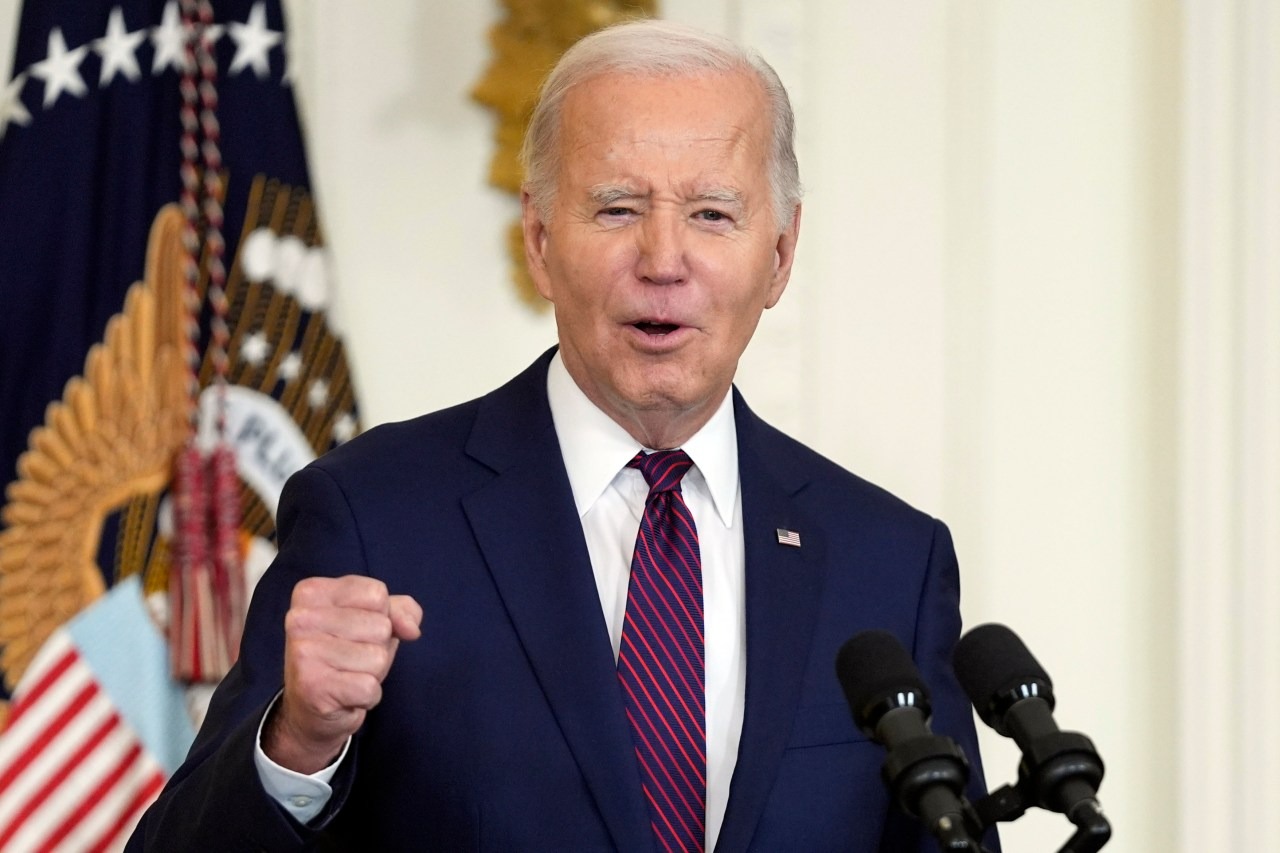This week, President Joe Biden is set to host leaders from Japan and the Philippines, signaling a strategic move to enhance economic and defense ties despite the backdrop of China’s escalating influence in the Indo-Pacific region. These meetings are timely, considering the global security concerns from North Korea and ongoing conflicts in Ukraine and Gaza.
The visit of Japanese Prime Minister Fumio Kishida on Wednesday is particularly special. It symbolizes a deepening of defense relations between Japan and the United States. Washington regards Japan as a pivotal ally in maintaining balance and ensuring security in the Indo-Pacific.

Biden says US support for Philippines, Japan defense (Credits: Norman Transcript)
The grand reception planned for Kishida, including a White House dinner and the honor of addressing a joint meeting of Congress, underscores the importance of his visit. This occasion offers Kishida a platform to strengthen his domestic and global standing despite challenges within Japan and the broader geopolitical landscape.
The agenda includes discussions on enhancing U.S.-Japan military coordination, responding to concerns over potential aggression towards Taiwan, and aiming to bolster joint development and possibly co-production of military and defense equipment. Japan’s commitment to doubling its defense spending signals a shift from its post-war stance toward a more assertive role in regional security.
The bilateral meeting with Philippine President Ferdinand Marcos and the subsequent trilateral summit with Japan focus on countering Chinese assertiveness in the South China Sea. These meetings are crucial for reinforcing the collective defense posture and economic security in a region fraught with territorial disputes and strategic rivalries.
Additionally, the potential acquisition of U.S. Steel by Nippon Steel, which has stirred controversy, casts a shadow over these discussions. This issue and concerns about future U.S.-Japan relations under different U.S. presidential administrations add complexity to the diplomatic engagements.
Discussions on defense, energy, and infrastructure highlight the Philippines’ strategic importance. The collaboration among U.S., Japanese, Australian, and Philippine forces in the South China Sea underscores a collective commitment to a free and open Indo-Pacific.

President Joe Biden (Credits: Fox 59)
These summits reveal that they are not just about diplomatic formalities but about making concrete progress in areas ranging from military coordination to economic investments.
The discussions aim to strengthen alliances, build defense capabilities, and ensure economic growth and stability in the face of evolving challenges in the Indo-Pacific and beyond.
These meetings are pivotal moments in U.S. foreign policy, emphasizing the importance of alliances in maintaining global peace and stability. They reflect a broader strategy to change the complex dynamics of global power shifts, where diplomatic engagement and military preparedness go hand in hand to safeguard interests and promote a rules-based international order.
























